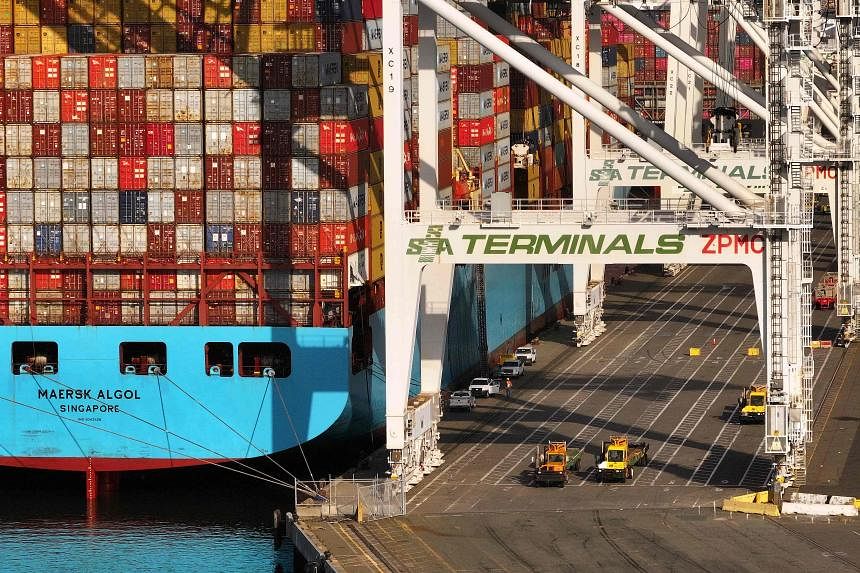Tech
US creates high-tech global supply chains to blunt risks tied to China

WASHINGTON – If the Biden administration had its way, far more electronic chips would be made in factories in, say, Texas or Arizona.
They would then be shipped to partner countries, such as Costa Rica or Vietnam or Kenya, for final assembly and sent out into the world to run everything from refrigerators to supercomputers.
Those places may not be the first that come to mind when people think of semiconductors. But administration officials are trying to transform the world’s chip supply chain and are negotiating intensely to do so.
The core elements of the plan include getting foreign companies to invest in chipmaking in the US and finding other countries to set up factories to finish the work. Officials and researchers in Washington call it part of the new “chip diplomacy”.
The Biden administration argues that producing more of the tiny brains of electronic devices in the United States will help make the country more prosperous and secure. President Joe Biden boasted about his efforts in his interview on July 5 with ABC News, during which he said he’d gotten South Korea to invest billions of dollars in chipmaking in the US.
But a key part of the strategy is unfolding outside America’s borders, where the administration is trying to work with partners to ensure that investments in the US are more durable.
If the nascent effort progresses, it may help the administration meet some of its broad strategic goals. It wants to blunt security concerns involving China, which is growing its chip manufacturing while making threats against Taiwan, a global centre of chip technology. And it wants to lower the risks of disruptions to the chip supply chain – risks that became evident during the coronavirus pandemic and the war in Ukraine, both of which threw global shipping and manufacturing into turmoil.
“The focus has been to do our best to expand the capacity in a diverse set of countries to make those global supply chains more resilient,” said Professor Ramin Toloui, a Stanford University professor who recently served as assistant secretary of the State Department’s Bureau of Economic and Business Affairs, which is at the forefront of diplomatic efforts to set up new supply chains.
The administration aims to do that not just for chips, but also for green energy technology such as electric vehicle batteries, solar panels and wind turbines. China is by far the biggest player in those industries.
Mr Biden and his aides say that dominance by Chinese companies is a national security issue as well as a human rights problem, given that some of the manufacturing takes place in Xinjiang, a region of China where officials reportedly force members of some Muslim ethnic groups to work in factories.
Over three years of the Biden administration, the United States has attracted US$395 billion (S$530.5 billion) of investment in semiconductor manufacturing and US$405 billion for making green technology and generating clean power, Prof Toloui said.
Many of the companies investing in that kind of manufacturing in the US are based in Asian economies known for their tech industries – Japan, South Korea and Taiwan, for instance – and in Europe. One is SK Hynix, a South Korean chipmaker that is building a US$3.8 billion factory in Indiana. The State Department says that the project is the largest-ever investment in that state and that it has the potential to bring more than 1,000 jobs to the region.










